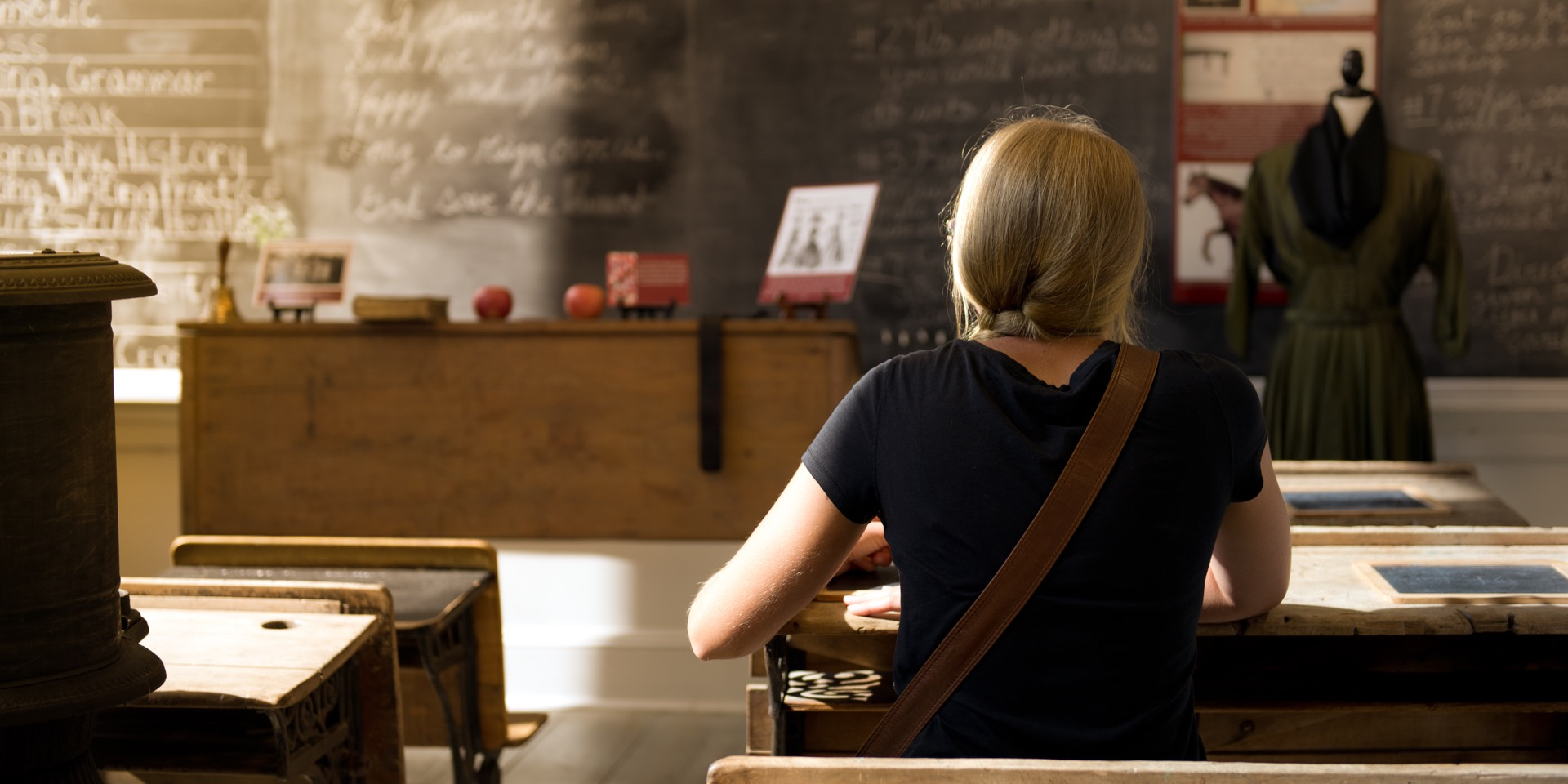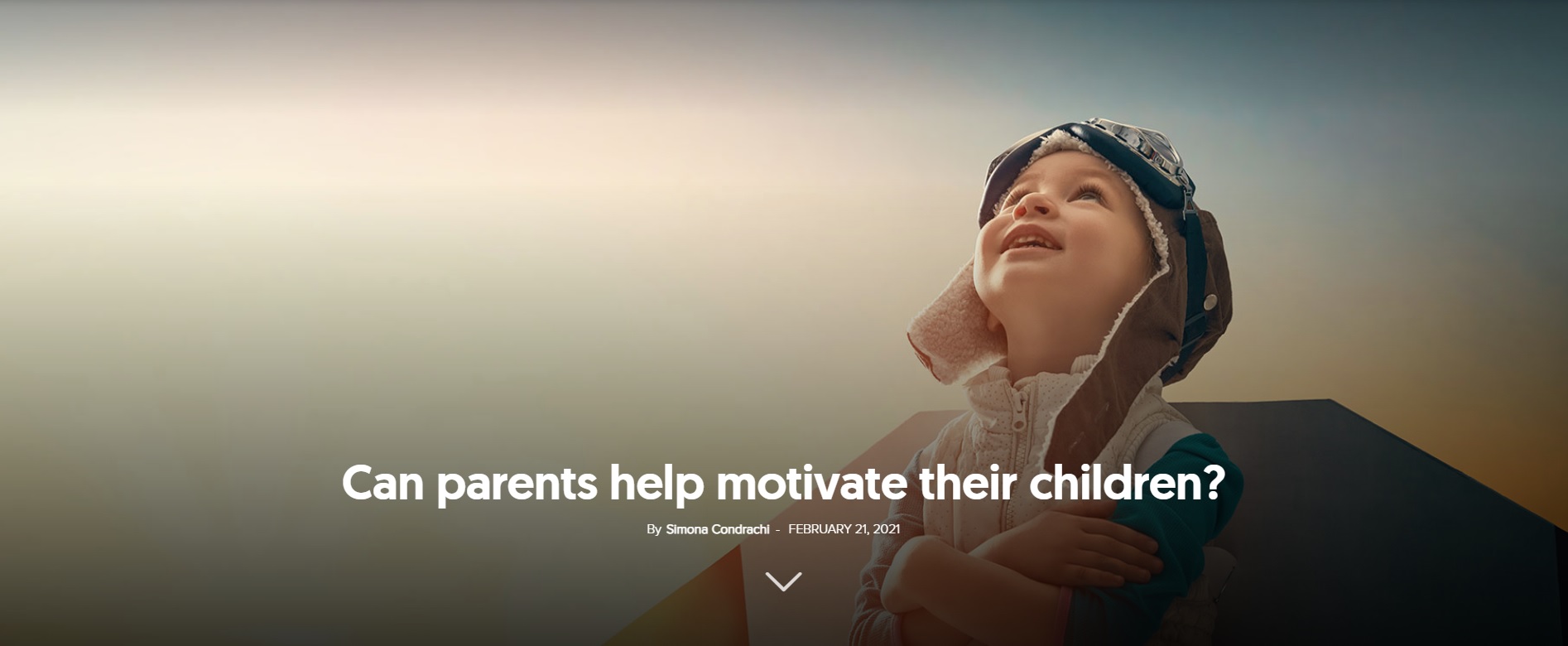In the book, “Sisyphus: Or the Limits of Education,” first published in German in 1925 by Siegfried Bemfeld, it is stated that education is limited by the personalities of the adults who take care of the children or students, the personalities of the educated, and the social environment in which the educational act takes place.
This explains, for example, the situations in which two children who share the same conditions, environment and influences, react differently to the education offered to them in the family or at school. However, the discussion about limits and education can and should be held the other way around as well. Not only does education have limits, but it also imposes limits. And it is quite possible that precisely rejecting or negotiating the limits that education imposes hinders the good effects of education.
In 1972, a group of researchers from Stanford University in the USA conducted a study on 32 children (16 boys and 16 girls) aged between 3 and 5 years that was called the “marshmallow experiment.” In this study, the children were given the option to choose between receiving a marshmallow on the spot or waiting with the marshmallow in front of them (obviously, without eating it) for 15 minutes, at the end of which they would receive two marshmallows. Several research papers have been written based on the study. One of the major findings was that, during adolescence, the children who were able to delay gratification performed far above those who were unable to.
In 2018, the original test was replicated, and the old research was confirmed. Furthermore, it has been suggested that the test is not only about willpower, as it was thought, but also about the parents’ strategies to develop in their children the power to delay gratification. Because, yes, parents who have set certain boundaries for their children have made a lasting investment.
In our family, we like to imagine education as the process of growing a fruit tree. The purpose of education, in this metaphor, is the fruit. It makes the life of the tree and the gardener prosper. Although “all by itself the soil produces grain” (Mark 4:28), this does not mean that the tree does not need external intervention. It actually does, in fact. Pretty quickly, the little tree will tell us if the stem is pointing up or bent. In the garden behind the house, we have a quince tree that started off crooked. We had to put in a strong prop to counter its inclination several years in a row. Today, the prop is no longer needed. The quince has taken the right direction and is developing nicely, vertically.
Applied to a child, this image makes us think of the importance of drawing a straight and clear path for a soul that is at the beginning of life. Direction limits natural tendencies, and the pain of direction is more easily borne at an early age. In fruit growing, the gardener will be careful to trim the branches regularly, as this will stimulate growth and fruit. When the fruits are already formed, you can no longer trim the tree without losing them. If, however, the tree shows signs of disease, the affected parts must be treated, and this sometimes involves the pain of trimming.
The Christian parent will set boundaries for the children and will not negotiate with them irresponsibly or with indifference.
We tried some restrictions in our family and noticed that they worked. Even before we became parents, we had decided as a couple to keep the habit of not snacking between meals, of going to bed at reasonable hours, and of reading daily. In the first years of our child’s life, we imposed these habits by example and teaching. We noticed that our boy never asked to eat between meals, even though some children around him were. In the first years of his life, there were times when he went to bed and heard the noise of children still playing outside. Reading has become a habit that no longer needs an external incentive. Discipline helped him to have a balanced lifestyle and to understand the importance of rules. Not long ago, he confessed to us that he considers the restrictions he experienced to be useful life principles today.
Another example is the use of a smartphone. Along with receiving this device (in the fifth grade, against the backdrop of the pandemic), our son also received a list of rules regarding its use. In essence, the rules concerned the content and duration of what was being watched. Impositions of this kind are not attractive for anyone, but once acquired, it is much easier for the one on the receiving end (the child) to grow to be disciplined and to make intense and regular efforts to complete tasks which are not always appealing, such as homework.
Therefore, we have a behavioural code at home, one at school, another at church, and so on, and they all contain restrictions. How many adults don’t feel that it would have been better for them if their parents had imposed tasks that would have had a positive long-term result (for example, learning to play a musical instrument) when they were children?
We noticed that these restrictions are more easily internalised by the child when the parents themselves subscribe, by personal example, to the respective set of principles. This means that the restrictions are not only aimed at the child, but also at the parents. Sometimes, this means that parents offer the child options in which they themselves are actively involved.
However, there are two other key factors besides this one. It is vital that limits are systematically applied, explained in a way children can understand, presented tactfully, and compensated relationally. We remember the last two components because they were implemented cooperatively. When our child shows signs of difficulty in accepting a certain limit, then his mother intervened imaginatively and playfully, in such a way that he accepted more easily, through role-play, what he was supposed to do or not do.
We too felt the parental discomfort of imposing rules and we are aware, at the same time, of certain tendencies in the parenting area to let the children “be children”, “discover”, “be themselves,” and so on. It is more comfortable as a parent to be permissive. You have no hassles, you don’t receive strange looks. Nevertheless, let’s not forget that leaving the child uncorrected or without limits are just methods. What dictates the success of education is the fruit, the only result that is quantifiable. The child’s self-esteem, comfort, and feelings are also important, but they must be educated.
The Bible makes it very clear that human nature in its natural state is not “pure” at all, but must be guided. Advice such as: “My son, do not despise the Lord’s discipline” (Proverbs 3:11), “Start children off on the way they should go,” (Proverbs 22:6) or “Endure hardship as discipline; God is treating you as his children,” (Hebrews 12:7) demonstrates that education contains corrective limits. Therefore, it’s not wrong to tailor the educational aspect of our children by teaching them very early that they cannot do everything they want and that deviation from these principles can have consequences. To refer to the metaphor of the fruit tree again, give total freedom to a young shrub, and you will inherit much less than it could give you; trim its unruly branches, and you will have a straight stem, a rich crown, and fruit to match!
In family education, the most important fruit is character and spiritual transfer from parents to children. If the God of Abraham becomes the God of Isaac and the God of Jacob, it means that education has achieved its goal. This transfer comes with limits, but the fruit is worth all the effort.
Adelina and Laurenţiu Moţ observe the importance of imposing some restrictions in parenting and suggest that their absence drastically limits the good effects of education.




















